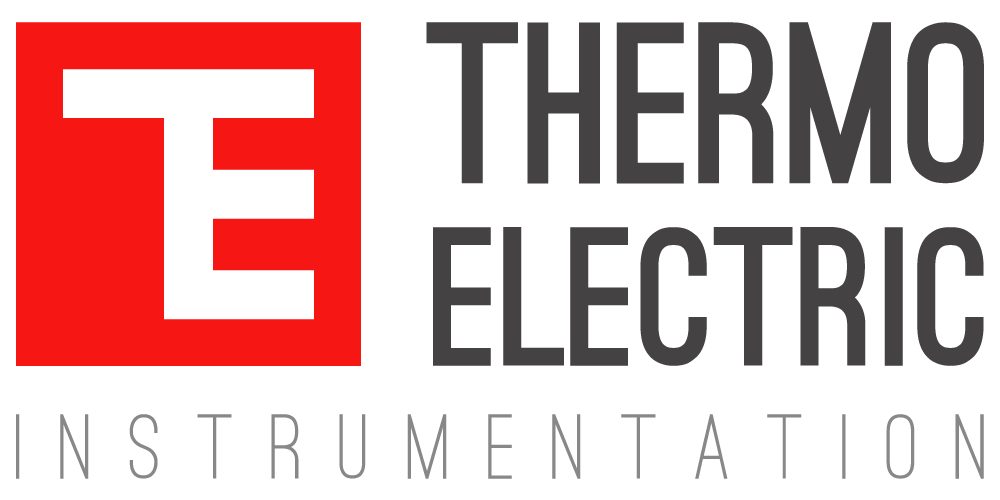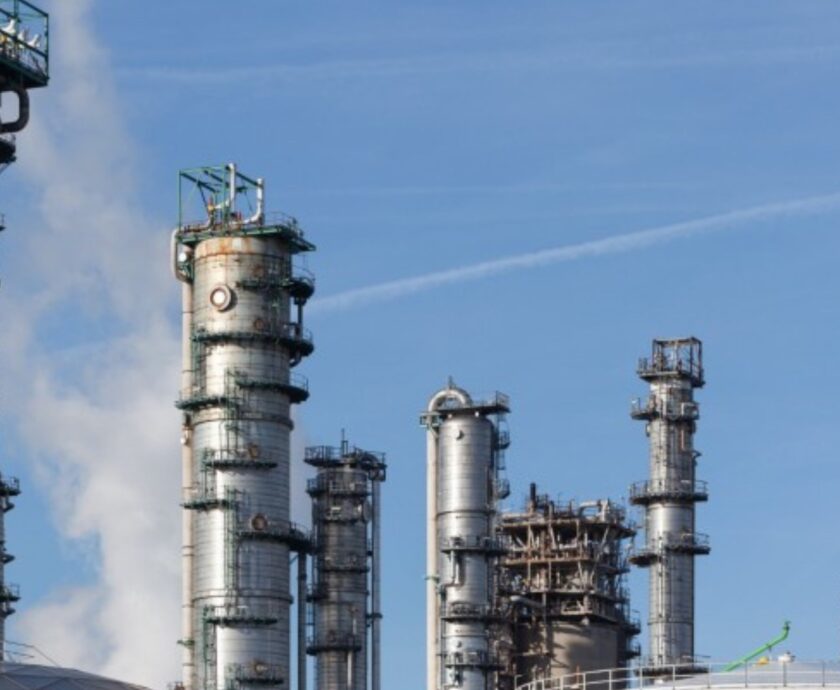Sustainability has become a key focus for industries seeking to reduce their environmental impact while improving operational efficiency. One often overlooked contributor to sustainability efforts is accurate temperature measurement. When applied effectively, it plays a critical role in optimizing energy use, improving process efficiency, and reducing emissions.
The Link Between Temperature Measurement and Sustainability
Temperature control is a cornerstone of energy efficiency. Whether in manufacturing, power generation, or food processing, maintaining precise temperatures ensures that processes run smoothly and without unnecessary energy waste. Key connections between temperature measurement and sustainability include:
- Energy Optimization: Overheating or underheating processes can lead to excess energy consumption. Accurate temperature sensors help maintain optimal conditions, reducing energy usage.
- Waste Reduction: Reliable temperature data ensures product quality, minimizing defects and the need for rework, which can be resource-intensive.
- Process Stability: Consistent and precise temperature readings lead to stable operations, which improves overall efficiency and reduces resource strain.
By addressing these factors, industries can take significant steps toward sustainable practices while improving operational performance.
Energy Savings Through Accurate Measurement
Accurate temperature measurement directly impacts energy consumption by enabling better process control. Here are some key ways this occurs:
- Combustion Efficiency: In industries relying on combustion, such as power generation and manufacturing, precise control of temperatures ensures fuel is used efficiently, reducing energy waste and CO2 emissions.
- Heat Recovery Systems: Many industries use heat exchangers to recover and reuse energy. Accurate temperature sensors help optimize these systems, conserving energy and lowering operating costs.
- Process Efficiency: From food production to chemical manufacturing, maintaining precise temperatures prevents energy losses associated with inconsistent processes.
For example, a power generation plant that monitors and controls turbine temperatures precisely can improve its energy output while reducing fuel consumption. Similarly, a food processing facility that tightly regulates cooking or pasteurization temperatures can save energy by avoiding overheating while maintaining product quality.
Emission Reductions Through Better Temperature Control
Minimizing emissions is a key sustainability goal for industries, and temperature measurement plays an important role in this effort. Precise control helps:
- Reduce Greenhouse Gas Emissions: Proper combustion temperatures prevent over-firing, reducing CO2 and NOx emissions.
- Lower Waste-Related Emissions: By ensuring product quality and minimizing defects, industries generate less waste, indirectly reducing the emissions associated with raw material extraction and waste processing.
- Enhance Process Efficiencies: Efficient processes emit fewer pollutants. Accurate temperature readings ensure that energy is used effectively, reducing the environmental impact of industrial operations.
Industries such as oil and gas, heavy manufacturing, and chemical processing stand to benefit significantly from improved temperature control. By aligning their operations with better measurement practices, these sectors can reduce their environmental footprints while maintaining compliance with stringent regulations.
Best Practices for Implementing Sustainable Measurement Solutions
To leverage temperature measurement as a tool for sustainability, industries should consider the following best practices:
- Regular Calibration: Ensuring sensors are calibrated regularly maintains accuracy and prevents drift, which can lead to inefficiencies.
- Customization for Specific Applications: Sensors tailored to a specific process or environment provide more accurate and reliable readings, optimizing energy usage.
- Integrating with Energy Management Systems: Combining temperature data with energy monitoring systems helps identify inefficiencies and areas for improvement, enabling informed decision-making.
Wrapping up
Precise temperature measurement is a powerful tool for achieving sustainability goals. By reducing energy consumption and minimizing emissions, industries can align their operations with environmental priorities while improving efficiency and reducing costs. Accurate temperature control not only contributes to a smaller carbon footprint but also enhances product quality and operational reliability.
As sustainability continues to shape the future of industry, adopting advanced temperature measurement practices is no longer optional—it’s essential. By making these changes, businesses can pave the way for a cleaner, more efficient future.




